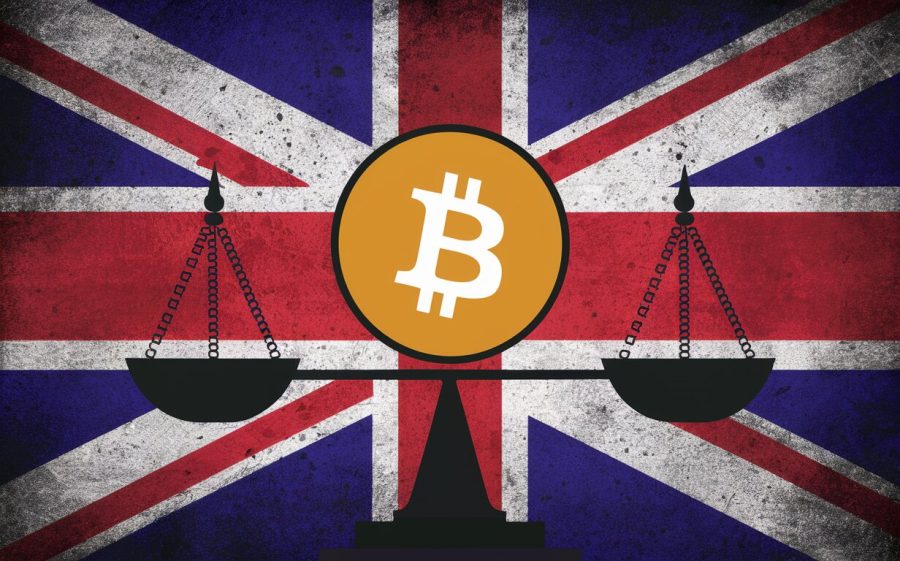I have long thought that social bookmarking and ranking sites like del.icio.us, digg, and StumbleUpon could be used to enhance current web search results. In March I argued that that StumbleUpon could easily be used for “enhancing or augmenting traditional search engine rankings.” Some people, like Rand Fishkin of SEOMoz, already think that del.icio.us provides better search results than Google.

Rand argues that del.icio.us results are more timely, more focused on his demographic, higher quality, and more diverse. He concedes, however, that del.icio.us results do not always list the best first, sometimes lack relevance, and are either ten times better or ten times worse than Google depending on your view.
Enter 50 Matches, a search engine that crawls only sites linked on digg, reddit, or del.icio.us. 50 Matches returns only the top 50 results in each search (hence the name).
The site claims that Google is “broken” and that because social sites link to the best content, search performed on those sites will yield the best results. 50 Matches sports a clean, unadorned design — like Google — but does it well as Google?

Here are 5 comparison searches I ran to test out the search engine:
- Adobe Photoshop vs. on Google
- ruby on rails vs. on Google
- cures for the common cold vs. on Google
- Babe Ruth vs. on Google
- web 2.0 vs. on Google
In my opinion, Google out performed 50 Matches on all of those queries. It performed most abysmally in “cures for the common cold,” where it came up with mostly results about weather or the cold war. Google, on the other hand, gave me sites with titles like “Natural cures for the common cold?” and “Cold remedies that really work” within the first 5 results. It its defense, 50 Matches seemed to have trouble with words like “the” and “is” that Google ignores — so some poor results could be a function of the query engine rather than the actual search database. 50 Matches performed best in technology related topics, which is unsurprising given how heavily skewed toward tech each of the sites it indexes are.
For each of my searches (barring the “common cold”), Google spit out the official site for that search term on the first result. (For “web 2.0” it gave Tim O’Reilly’s definition article — which is about as official as you can get.) Wikipedia entries, which are helpful for someone searching for general information on a topic, were also usually listed within the first few results on Google. In general, these sites were nowhere to be found on 50 Matches results. The reason, perhaps, is that people are far less likely to submit official URLs for well-known products, or Wikipedia pages, to sites like digg or reddit — because everyone is already aware of those sites.
Similarly, people are less likely to bookmark the official page for a person, product, or service, than they are to bookmark an article about it. Google’s top result for my “Adobe Photoshop search was the official Photoshop page at Adobe. del.icio.us reports 24 people have bookmarked it. 50 Matches top result, meanwhile, was the Photoshop Tips & Tricks page at Graphic-Design.com — del.icio.us bookmarks? 2,765.
There are probably some instances when 50 Matches could match Google (searches for popular blogs or items that are likely to be dugg, for example), but I am doubtful that on its own it will ever outperform a top tradition search engine.
Conclusion
While I don’t necessarily agree with Rand Fishkin that del.icio.us today is better than Google, he is dead on with one thing he said:
If Yahoo! focused some serious resources here and extended their ownership to places like Digg, Reddit & StumbleUpon, I believe they could build a social-relevance based engine that would show some pretty fantastic content.
I think the key takeaway is that while social bookmarking and ranking sites don’t make great search engines on their own, they offer a wealth of user-vetted data that could be used to augment search results in a positive way.










